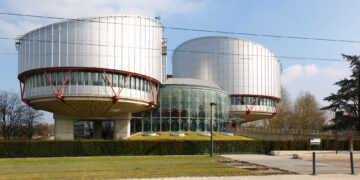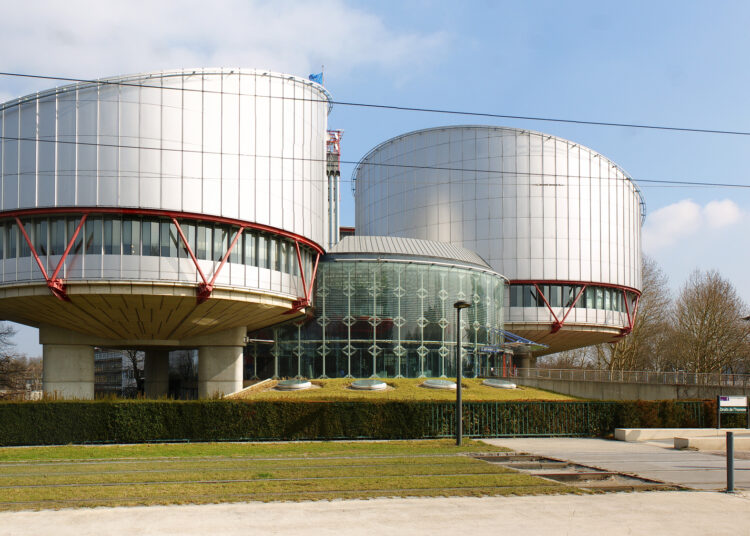Last updated on December 3rd, 2022 at 04:30 pm
· The European Court of Human Rights has rejected the complaint of a patient of Prof. Bogdan Chazan, who in 2014 refused to kill her unborn child, citing the conscience clause.
· The child suffered from a serious developmental defect, and his mother wanted an abortion at the Holy Family Hospital in Warsaw, which Prof. Chazan headed.
· Although in 2017 the woman received high compensation from the hospital, in excess of PLN 210,000, she sought additional compensation from the Strasbourg Court.
· The Court did not uphold this claim, recalling that such an accumulation of monetary compensation is impermissible.
In 2014, a woman in her 10th week of pregnancy checked into the Holy Family Specialized Hospital in Warsaw. After several weeks, during which a series of tests were conducted, it became clear that the baby was likely to suffer from a serious developmental defect that threatened its life. The mother then expressed her wish to undergo an abortion. Prof. Bogdan Chazan, who was then head of the facility, refused to perform it, citing the conscience clause. The woman was then referred to Bielański Hospital, where, after further tests, the child’s malformation was confirmed. However, the abortion was also refused there, because the pregnancy was already so advanced that the baby was able to survive on its own outside the mother’s body. Abortion would therefore be inadmissible under Polish law. Shortly after the birth, the child died.
In 2017, the woman filed a complaint with the European Court of Human Rights in Strasbourg, indicating that the inability to perform a eugenic abortion was alleged to be a violation of her right to privacy and the prohibition of degrading and inhuman treatment. The Ordo Iuris Institute joined the proceedings before the ECHR as a friend of the court. In its submitted “amicus curiae” opinion, the Institute recalled that Article 8 of the European Convention on Human Rights does not guarantee “the right to abortion.” Polish law, on the other hand, protects the right to life in all phases of its development, and therefore abortion, in principle, is a crime, and only in exceptional situations is it permitted.
In 2022 the Strasbourg Court rejected the woman’s complaint on formal grounds, pointing out that she does not have the status of a “victim” within the meaning of Article 34 of the European Convention on Human Rights. In its reasons for the order, the Court noted that the applicant could not claim additional monetary compensation for her in a situation where she had already received substantial compensation from St. Family Hospital. Indeed, in 2014, the woman and her husband sued the hospital for compensation of PLN 1.2 million (PLN 900,000 and PLN 300,000 for the husband). In 2017, they both reached a settlement with Holy Family Hospital. The amount of compensation was not made public, but the Court itself said that it was higher than the compensation it customarily awards in similar cases – this means that the woman must have received an amount in excess of 45,000 euros (over 210,000 zlotys).
– The ECHR’s ruling is good news, as another attempt to get the Court to derive a right to abortion from the Convention failed. The rejection of the complaint, on the other hand, was purely on formal grounds, so that the Court’s justification focused only on reminding that complaints cannot be referred to it in a situation where the complainant has already received compensation from his state for alleged violations of rights guaranteed by the Convention,” noted Weronika Przebierała, director of the International Law Center of the Ordo Iuris Institute.
The case of B.B. v. Poland, ECHR decision of October 18, 2022.




















Discussion about this post